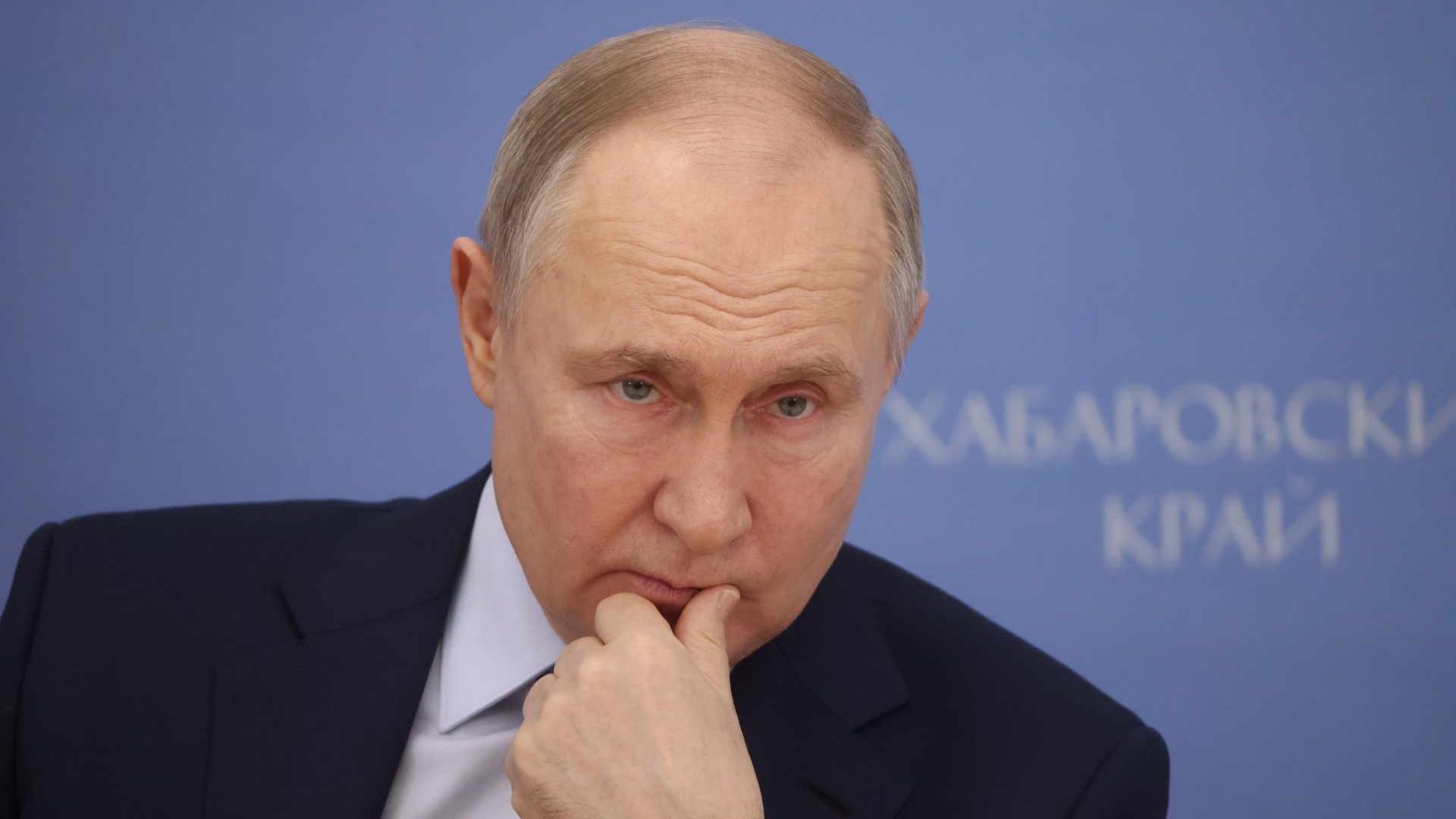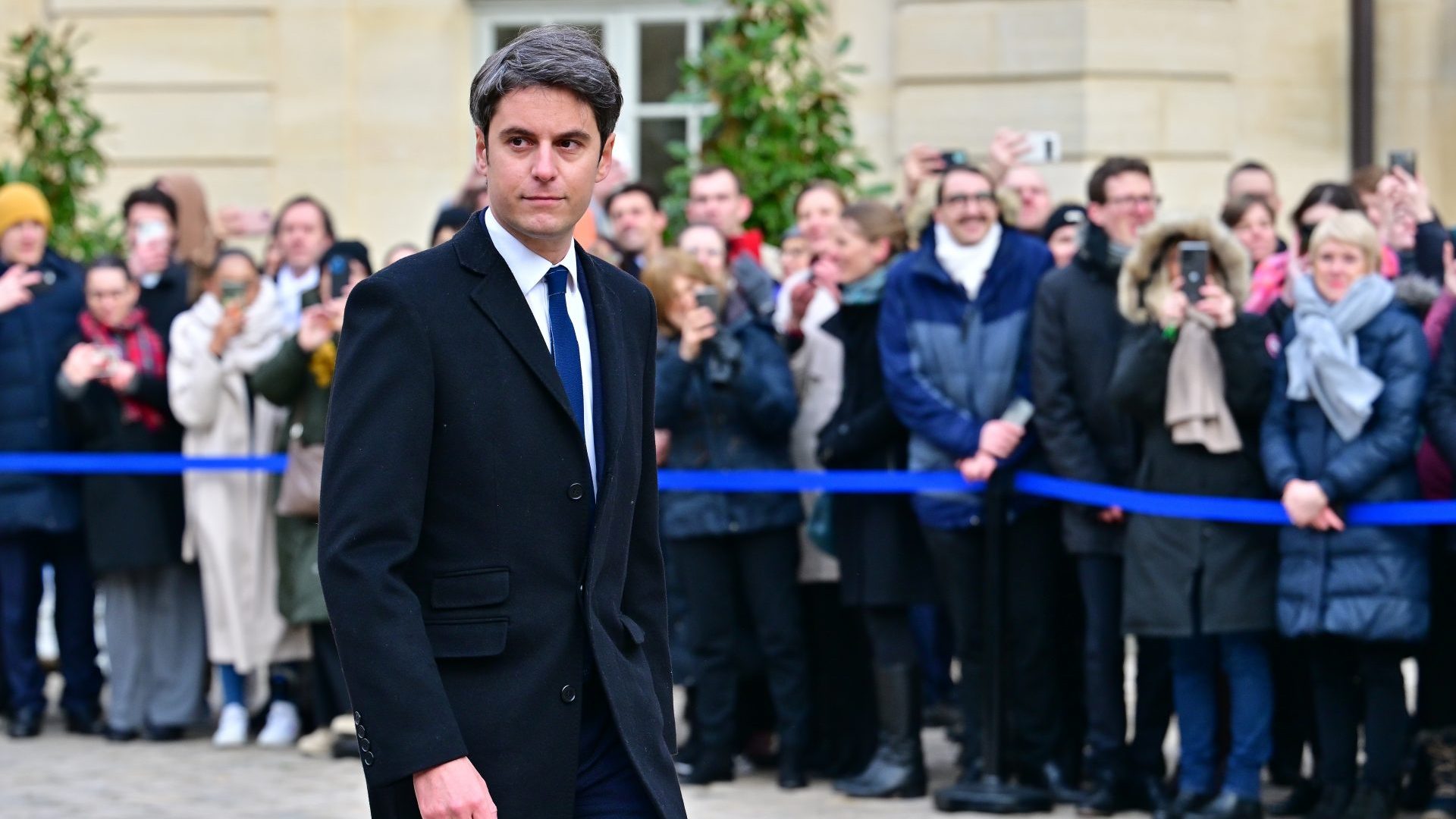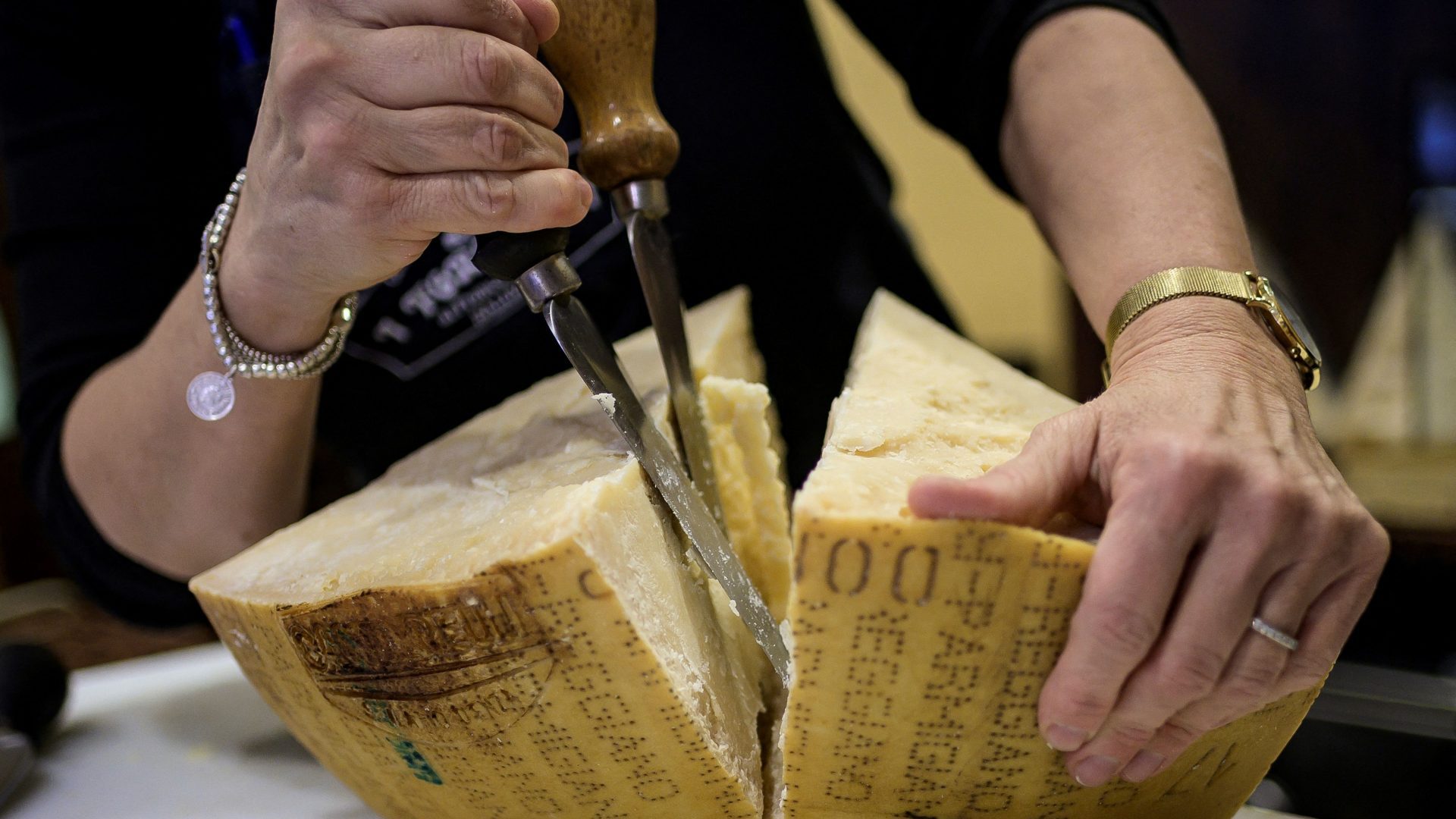Sri Lanka is still recovering from Covid. The pandemic shut down the tourist industry and that sudden loss of foreign money, plus inflation, put the economy into a nose-dive so severe that the government collapsed in disarray. But now things are improving.
“The Europeans are coming back,” said the manager of a beachside bar on the south-west coast. “We have rooms. They’re all full.”
“But no Russians,” he said. “I won’t take any Russians.” I asked him why not. He smiled and said nothing.
When Sri Lanka hit economic trouble, Vladimir Putin offered the Rajapaksa government credit support to help with oil imports, a deal that was readily accepted. Rajapaksa is now gone – but that show of support by the Kremlin is perhaps why Sri Lanka still welcomes tourist flights from Moscow.
They were easy to spot, especially on the beach. Most of the men looked like bouncers – vast, pale and covered in tattoos, they shuffled sullenly about in garish 1970s-style swimming trunks.
These were not the Siberian farm boys, the wiry cannon fodder from the Russian periphery who have been pressed into Putin’s meatgrinder war. None of the sunburned men had the tell-tale bruising of the shoulder, the imprint left by the brutal recoil of a Kalashnikov. This was a more monied, comfortable-looking class of Russian – the type who could afford the €700 Moscow to Colombo air fare, which for the average Russian is the equivalent of a month’s salary.
The Sri Lankans welcome the money, of course, but they don’t think much of their huge, muscle-bound guests. The taxi drivers don’t like them because most of them never want to go anywhere or do anything. The Russians don’t visit the lakes, the temples or the Tsunami memorial. The second tsunami wave that came ashore here in 2004 was 30 metres high. The devastation was horrific.
Instead they buy booze from the local supermarkets and take it back to their hotels, which are all huddled around a short strip of sand that the locals have nicknamed “Moscow Bay”. During the day, the huge men lie on their sun loungers drinking coconut water. Their wives and girlfriends lie beside them. Most of them display the obvious signs of cheap plastic surgery.
But really, are the Russians themselves so bad? It’s his war, after all, not theirs, and any sign of dissent in Putin’s terror state can result in a mysterious fall from a very high window. Better to just shut up and get on with it. Perhaps. Even so, it is strange, unusual and not a little disturbing to see the beneficiaries of Putin’s dirty social compact wandering carefree across the tropical sands while the murderous war against Ukraine rages on.
There were a few families with children, but they were the exception. Most of them were couples – a bouncer accompanied by a surgically enhanced girlfriend. This was Moscow’s enforcer class on holiday.
Colombo airport was a mess and the queue to get through to the gates was so long that it stretched almost out of the terminal door. The mood was already a little fractious. And then they arrived – they stood out a mile. He was about six foot five, wearing a bright red tropical shirt, shorts, a Panama hat and sunglasses. His hair was fair, he had a full beard and his face was completely expressionless. She was also blonde, very tanned and carrying an arm-load of designer bags.
They pushed straight to the front of the queue.
A ripple went through the crowd. The Sri Lankans didn’t like it – neither did the Europeans. The shouting started. “Hey!” “Hey!” But the two Russians either ignored – or didn’t notice or even understand – the commotion they’d caused.
“HEY!”
The red shirt turned to see a hundred or so people all pointing to the back of the queue. He seemed to take a moment to understand that he was being told to get lost. He responded by pointing to the front of the queue. “NO!” replied the crowd.
Presumably back in Moscow the red shirt was used to barging in anywhere he liked, knowing that no one was going to complain. He was in that sense a perfect expression of the current Russian national attitude: we will walk in anywhere we want, and if you don’t like it, fuck you.
Unfortunately for him, this time it didn’t work. The crowd shouted so loudly that, moodily and very slowly, he and his girlfriend picked up their bags and walked to the back of the line – which is where they belonged.




